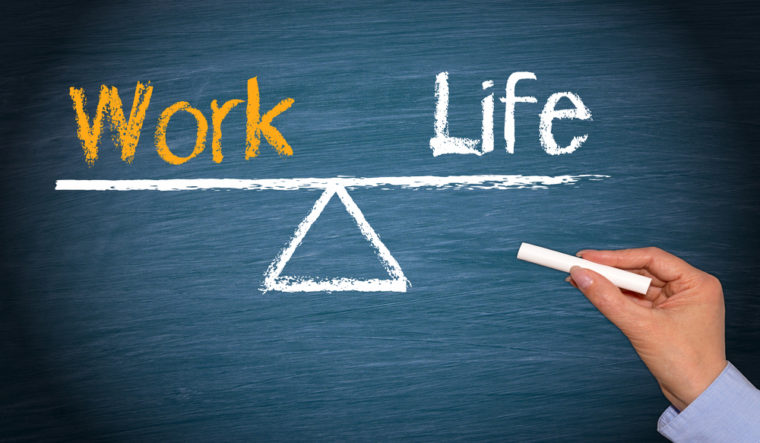Work-life balance is an idea that’s getting a lot of attention lately. It’s supposed to be a sign of health and good judgment, a new package for the old concept of “having it all.”

The idea of work-life balance is a great one: By being intentional and firm about boundaries, you can carve out protected time for work, family, friends, and for yourself. It is important to learn when to say, “Yes” and when to say, “No.”
But like many other things, it’s much more difficult in practice than in theory when in a leadership position. When you have a new job, a demanding boss, the threat of layoffs at work or even a special situation like a colleague’s illness, saying no gets a lot more complicated. We’ve all seen that person who’s out the door promptly at 5 every day, leaving everyone else behind to deal with the stress and the deadlines. Nobody wants to be that person.
So how can you balance the boundaries? Here are some ideas:
Look at the big picture.
Putting in late hours at work during a crunch week gets a lot easier when you know you have a vacation coming up in a couple of months. And being absent from work for a child’s illness isn’t likely to be cause for resentment if your co-workers know you’re a team player who is always willing to pitch in with whatever you’ve got. Remember that some days and weeks will seem unbalanced, so take the time to look at the breakdown in terms of months or even an entire year.
Compromise.
Maybe you can come into work for a couple of hours really early on Saturday morning but still, have most of your day free for family. Or, if you’re assigned an unexpected project, maybe you can divide it with another colleague whose abilities sync well with yours. Try to find solutions that split the difference instead of throwing yourself entirely into one way of getting things done.
Stay on top of it.
Unless you have more spare time on your hands than most of us, organization is a must. It literally costs you time every time you misplace something you need or forget about a deadline—whether it’s work or personal. Use your smartphone, use a notebook, use a system like Getting Things Done or improvise by leaving voice mail messages for yourself, whatever it takes to keep yourself calm, prepared, and productive.
Take care of yourself.
An important component of balance—and one that’s often overlooked—is self-care. You can’t be effective anywhere without the right combination of sleep, exercise, and nutrition. Don’t put off doctor’s appointments or let symptoms go because you think they’ll probably get fine on their own. Be responsible, keep yourself well maintained.
It really is possible to find the balance between work and the rest of your life—you just have to think, plan, prioritize and accept that sometimes that balance will be tilted one way or the other, and make sure that the long view looks as it should.
